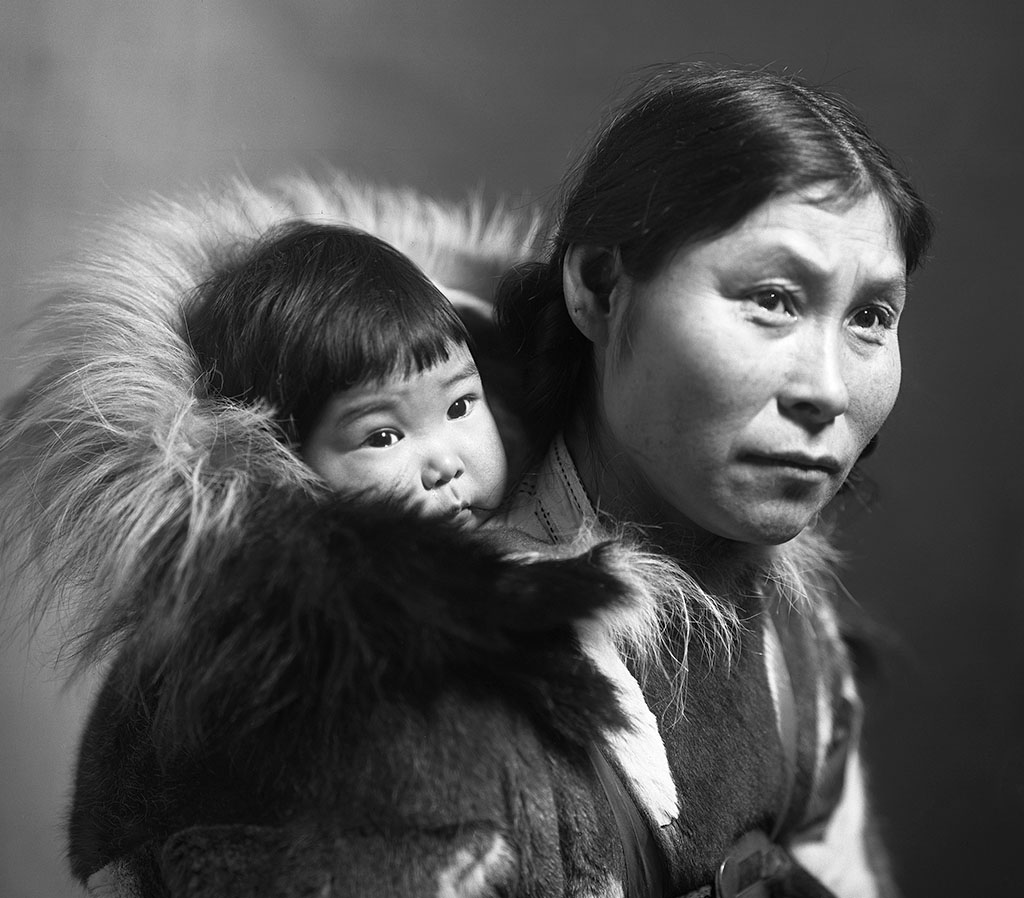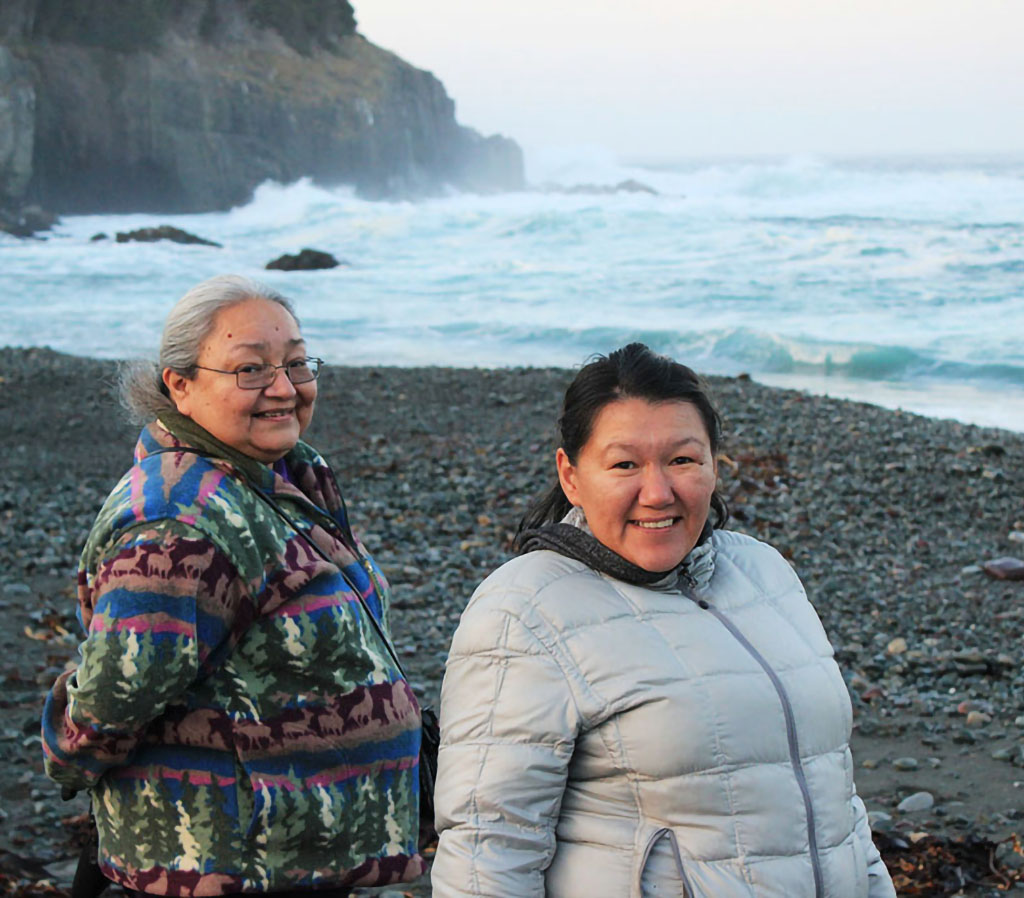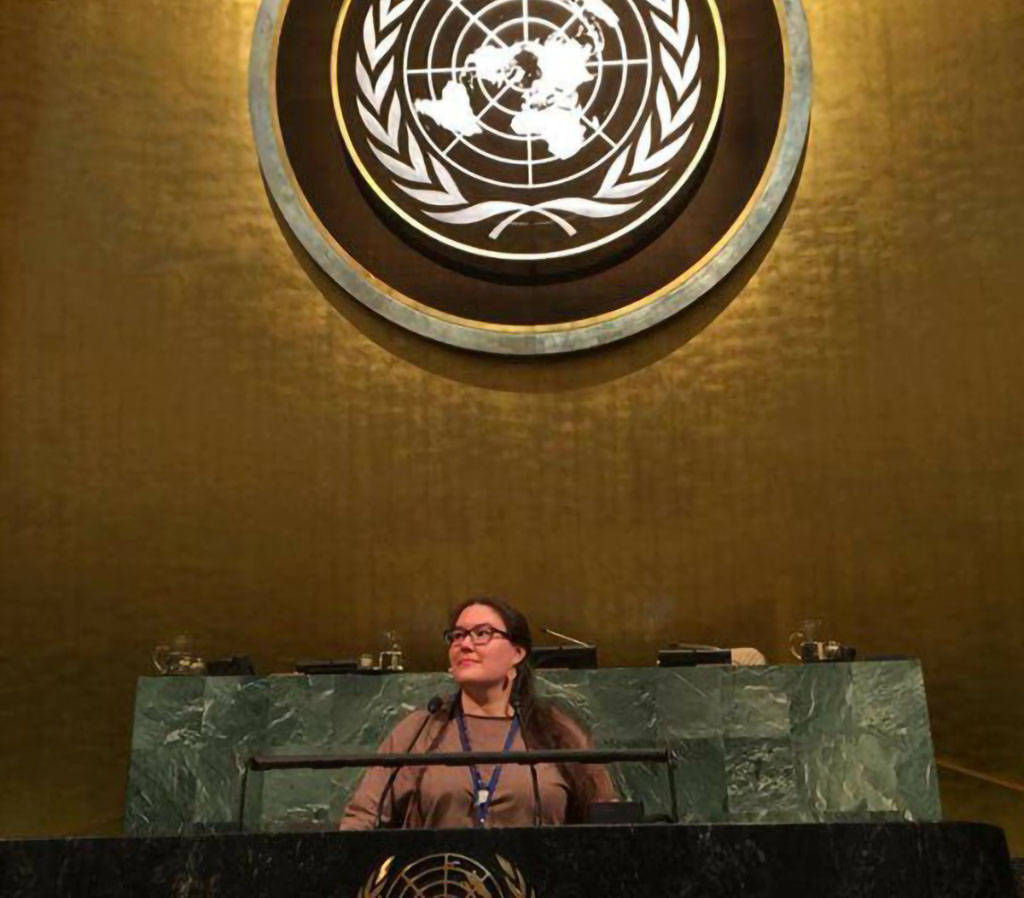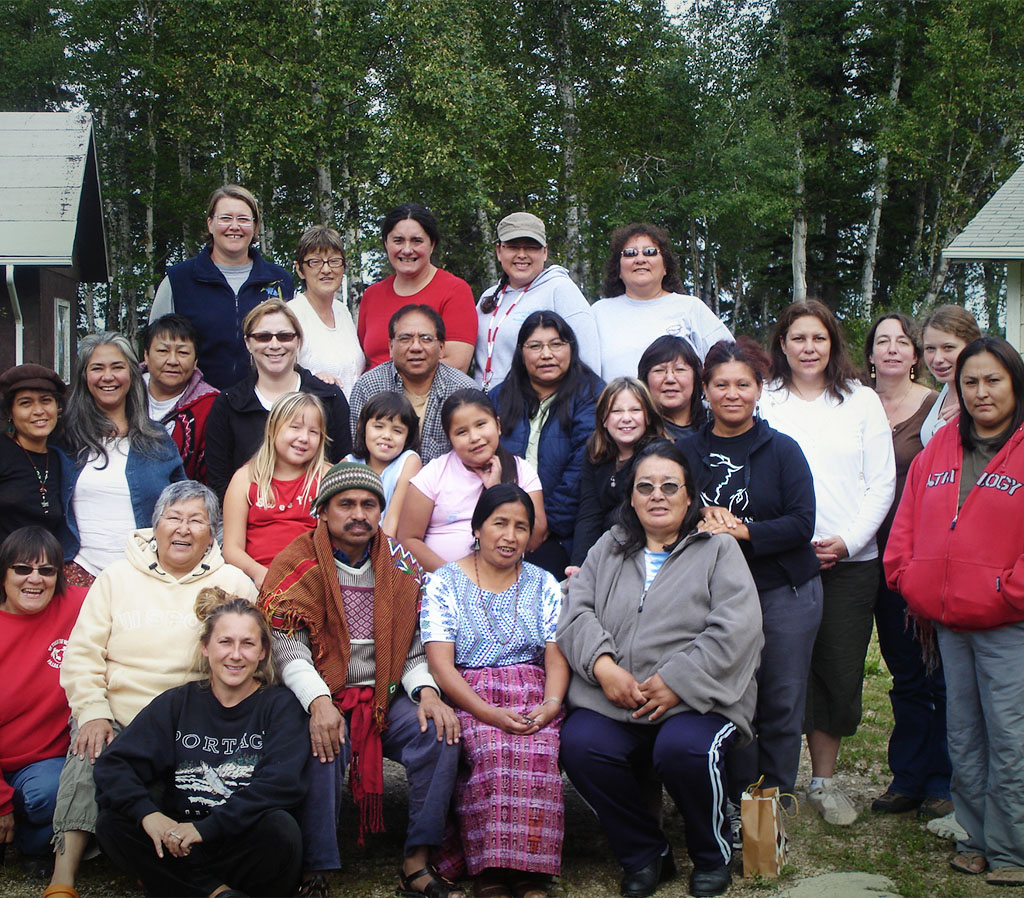Indigenous communities across Canada have always had midwives.
Indigenous midwives were once a cornerstone of every Indigenous community. It has only been in the last hundred years that this practice has been taken away from our communities. Indigenous midwives were silenced and ordered to stop their important work. The silencing of Indigenous midwifery occurs as a result of colonization and the ongoing medicalization and systemic racism in the Canadian health care system.
Since 2002, Indigenous midwives from across Canada have come together almost every year, usually in association with the Canadian Association of Midwives (CAM)’s annual conference, to share and plan for the future of Indigenous midwifery in our communities.
Recognizing the need to establish a collective voice as Indigenous women working in our communities, NCIM was officially established on November 11, 2008 at the third annual Gathering in Quebec City. This was a critical step in the restoration and renewal of midwifery in Indigenous communities across Canada.
Today, NCIM membership consists of approximately 120 Indigenous midwives, midwife Elders, and student midwives. In 2017, 25% of all new midwifery students at Ryerson University in Ontario identified as Indigenous.





